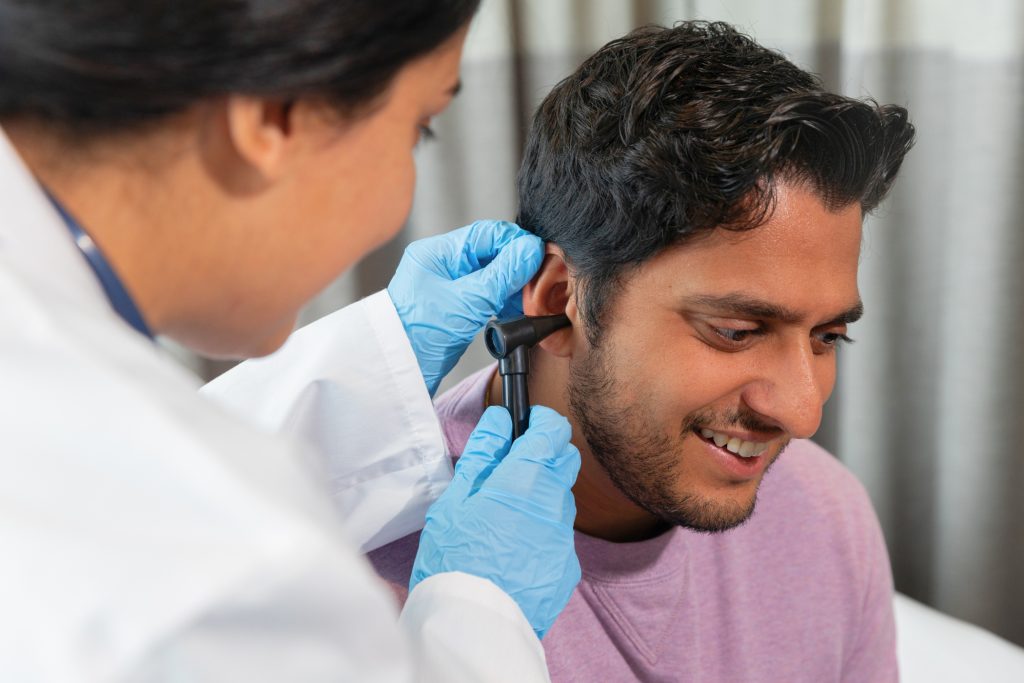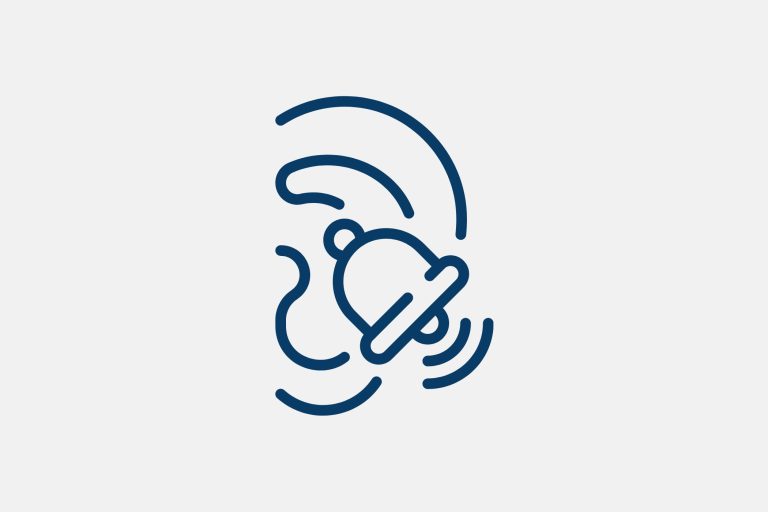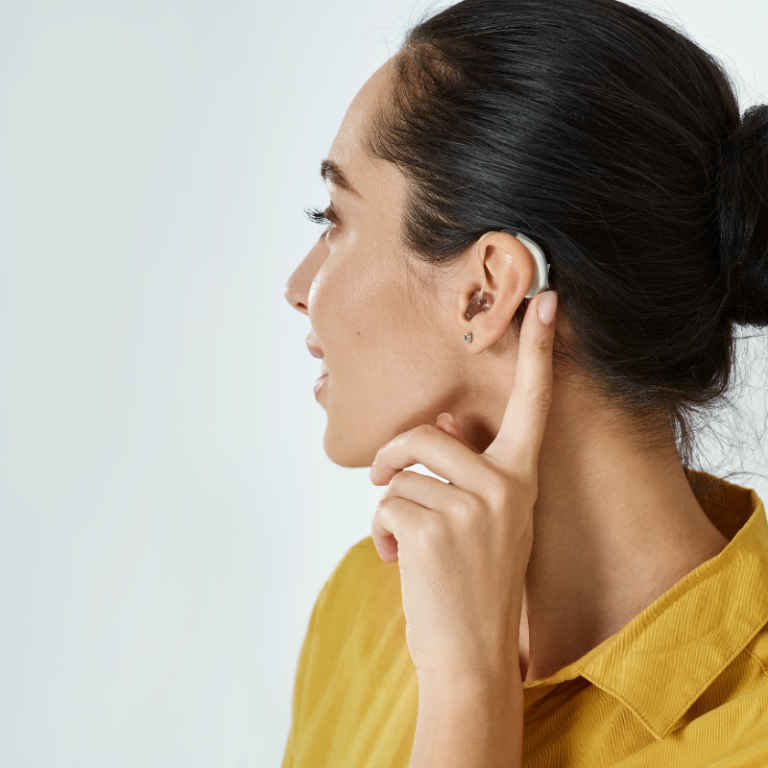What is the link between hearing loss and diabetes?
According to a study, those with diabetes (both type 1 and type 2) are twice as likely to develop hearing loss than people without it and those with prediabetes have a 30% higher rate of hearing loss. The exact reason why is unclear but a popular theory is that higher blood glucose levels can cause damage to the small blood vessels in the inner ear, similarly to how diabetes can damage the eyes and the kidneys.
Can diabetes cause sudden hearing loss?
Although rare, diabetes can occasionally cause sudden hearing loss. Poorly controlled blood sugar levels, long-term diabetes, and diabetic neuropathy can damage the small blood vessels and nerves in your inner ear which leads to sensorineural hearing loss. If you experience sudden hearing loss, especially in one ear, it’s vital to seek immediate medical attention for a better chance of recovery.



